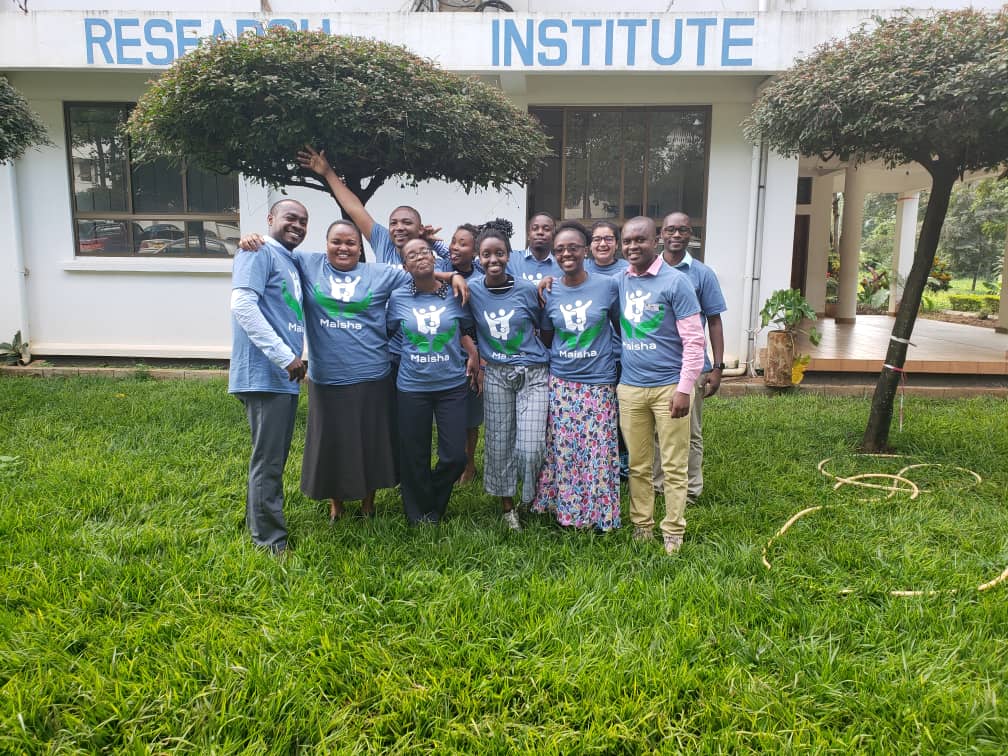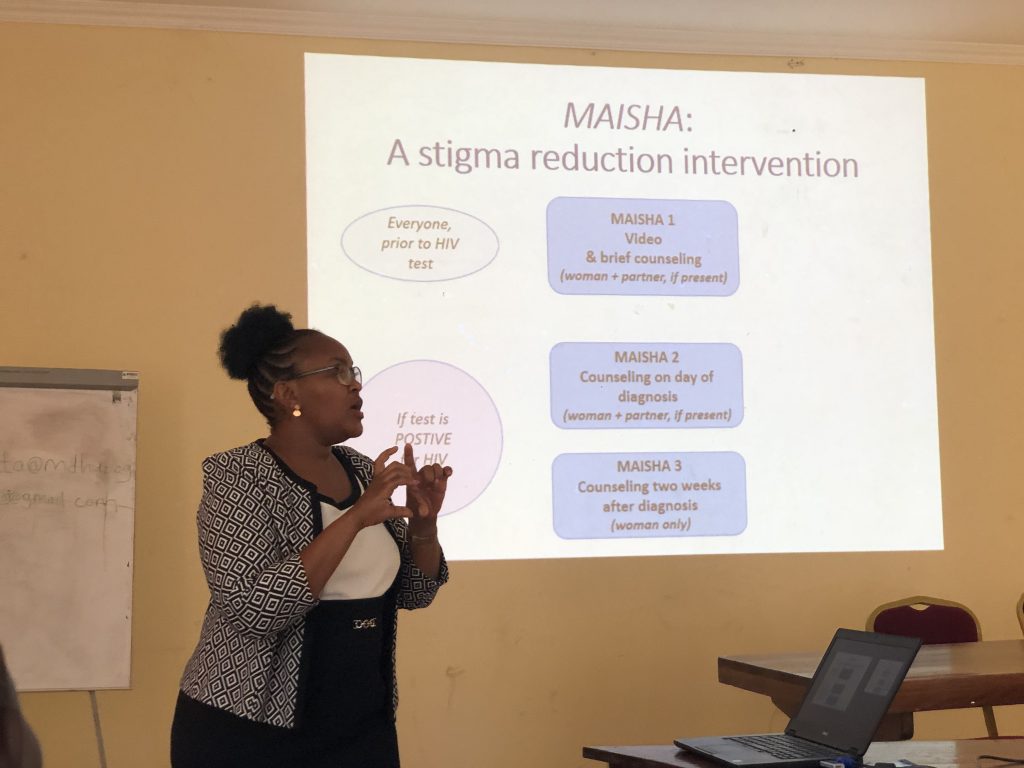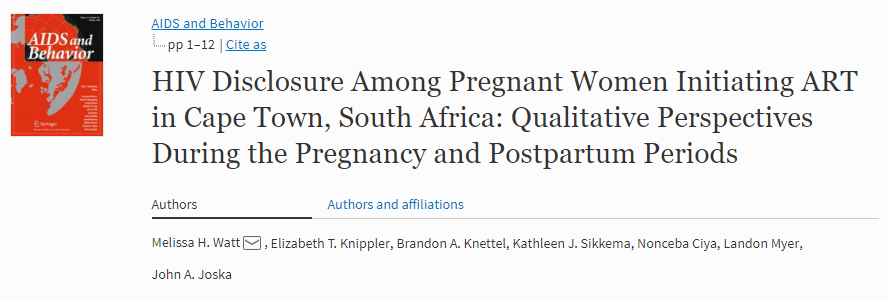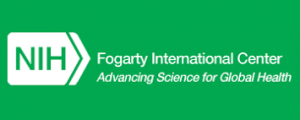Dr. Preeti Manavalan has been a member of the Option B+ study team since 2017, when she joined the team during the research year of her Infectious Diseases fellowship at Duke to help with data collection, analysis, and dissemination of findings. As a Fogarty Global Health Fellow, Dr. Manavalan is completing a year of research at Kilimanjaro Christian Medical Center in Moshi. During this time, she has had the opportunity to pursue her own research interests related to development of high-quality care models for people living with HIV and non-communicable diseases.
For her research, Dr. Manavalan aims to develop a task-shifting intervention to address hypertension among HIV-infected adults in Moshi. Hypertension is a leading risk factor for cardiovascular mortality and is an emerging threat among people living with HIV, but efforts at control have been largely neglected in resource-limited settings. Dr. Manavalan is collecting qualitative data to better understand the standard of care for hypertension management and to identify barriers and facilitators for improved care. She has screened patients for hypertension to determine the prevalence among HIV-infected adults engaged in care, and is assessing their risk factors, knowledge, attitudes, and practices of hypertension. Using this qualitative and quantitative data she will develop an integrative task-shifting intervention to improve blood pressure control among adults engaged in HIV care, and will evaluate its feasibility, fidelity and acceptability with a pilot feasibility study.
Dr. Manavalan hopes that results from her study will be used as formative data to inform future research for the development, integration and scale-up of task-shifting strategies to improve cardiovascular outcomes among people living with HIV.













